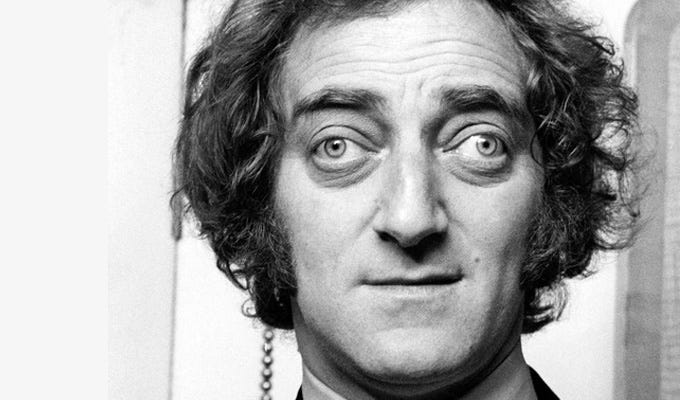Weaving Healing Through Historical Fiction
...and a breathwork goodie and family update.
In fifth grade during a recess game of four square, I lunged a little too aggressively and split the crotch of my my green jumpsuit wide open, revealing my underwear. The taunts were immediate and fierce and went beyond the shabbiness of my clothes to my crooked part, and crescendoed on my eyes that one boy sang about—altering the Kim Carnes’ popular tune, “She’s got Betty Davis Eyes,” with “She’s got Marty Feldman Eyes.”
My saving grace was that I lived a two minute sprint down Yana Avenue in a house that I knew would be empty. I could hide and lick my wounds with a game show and a frozen hostess chocolate pie. I was also dealing with a lot of turmoil at home, all of which compressed into an identity I fashioned as a victim, normalizing shame. I used lots of negative coping techniques: joking, acting tough, faking confidence, and fervently avoiding anything where I could try something new or different for fear of confirming my new status.
Learning from Our Ancestors
Forty five years later, I’m getting some clarity. Haha…nothing like some hindsight. My choices and reactions, while one hundred percent my responsibility, have been influenced by my ancestors, my history. My great, great, great Grandma Angeline Prouty Keys was a poet and master letter writer. I have her notebooks, sewing basket, and many photos. My compulsion to write is inherited.
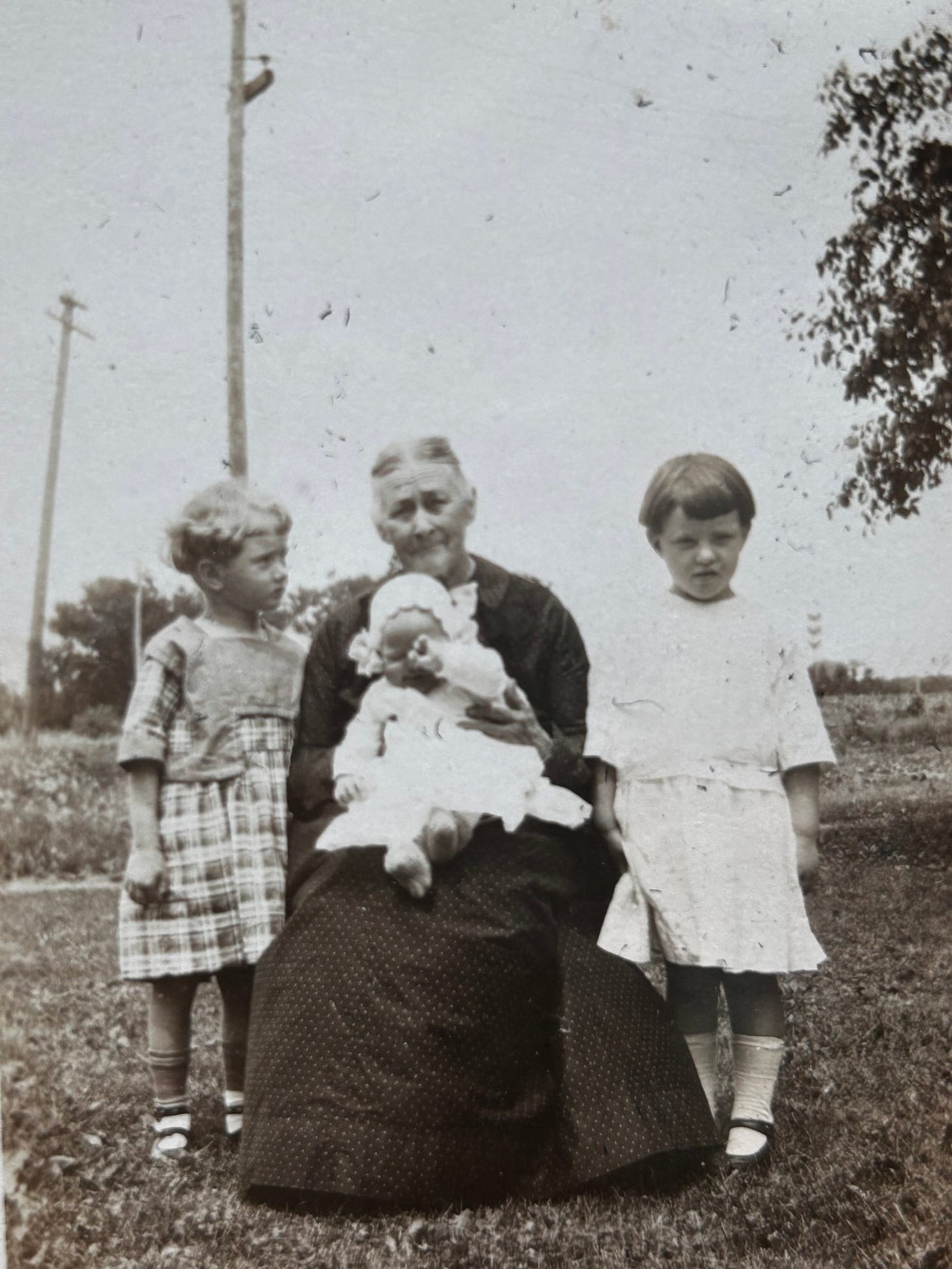
Twice widowed, Grandma Keys was loving but practical about life. When a new suitor, 41 proposed, she said no, but told him he could return in two years and marry her daughter Sylvia; “you need to wait until she’s fourteen.” Gulp. When Sylvia, my great, great grandmother garnered the reputation as stern disciplinarian, no one questioned why. Sometimes I feel unnecessarily and unconsciously stern towards my kids and have to recalibrate. Slow down.
As I mentioned in earlier posts, I recently transcribed my grandfather’s 150+ letters to my grandmother, which rallied my sisters and mom to include pictures and other letters they had. We were able to scrabble together a narrative from young Iowan couple to an explosion in Italy that left my infant Mom fatherless and my grandmother a widow.
I wanted to know more about my grandmother who died when I was two. Why did she have to go to Cherokee Asylum for electric shock sessions, which was the treatment of choice at the time for war widow depression. At first, I didn’t see beyond my specific family as to where I was heading with this effort. But I knew they were more than these calamities, and I have been drawn to learn and feel into their stories.
Via ancestry.com and some other boxes of letters, including one from 1863, I am finding myself deep into their life experiences. Though in my grandfather’s generation it was a World War with conscription and remedial communication or knowledge of the world, further back there were similar calamities like untreatable diseases (pre-vaccines), mustard gas poisoning in WWI, or migration to Randolph County, Ohio, the then far west scrounging their way into Native American Erie land. On my biological father’s side, I’m a direct descendent of John Doyle Lee, of Mountain Meadows fame/shame. And where there’s nineteenth century Mormonism, there’s child abuse under the guise of polygamy.
“I do not so much write a book as sit up with it, as a dying friend. I hold its hand and hope it will get better.”
― Annie Dillard, The Writing Life
Since I rejoined the Gateless Academy this year, I have found my family’s stories have presented themselves during the prompts and writing sessions. This has led me into interesting research about the 370th Black Core of Engineers who were at the Arno River working right near where my grandfather was killed. I’ve also gone down historical rabbit holes about Mussolini (interestingly similar behaviors to someone else in the news), the Italian campaigns, and my grandfather’s friends who made it home.
Instead of avoiding or forgetting my family’s history, no matter how shameful or filled with pain, I have been leaning way in and because of the allowances of historical fiction, weaving them into something new, something I can admire without running home to hide out.
Come Breathe with Me —Try out Breathwork
I’ve been leading in-person sessions at Calala and meeting weekly with a few online clients. Guiding breathwork is deeply gratifying and a joy. Let me know if you are interested in online sessions. I have space for one or two more clients between now and the end of March. Breathwork sessions are transformative, convenient from the comfort of your own home, and a great way to give your body and emotions a boost, especially if you can’t find time to exercise regularly in the cold weather.
For those who want to practice at home on their own, here’s a short Spotify Breathwork playlist that you might enjoy.
Family Update
In family news, Lazlo has been growing like crazy; he’s now at 5’3” and size 8 in men’s shoes, at 11 1/2 years old. He’s made some new friends and reconnected with others. Still spending a lot of time in the water. We attended a family friend’s quinceanera. Lazlo was curious to see Kristal in a dress and makeup for the first time. haha. He’s calling himself a tweenager and asks for privacy when I ask too many questions about Minecraft or Roblox. Harrison has been keeping busy with his program: lots of archery, rock climbing, attending the symphony, volunteer work, and even a cooking class. Michael started teaching guitar lessons in in Cabuya and is enjoying it so far and recently took a friend out for a surf. I’m still walking the dogs, teaching breathwork, doing sabbatical projects, and reveling in the sunrises. The clouds make the more dramatic, and we are still getting light rain in February, which is unheard of here. (Climate change is real.)

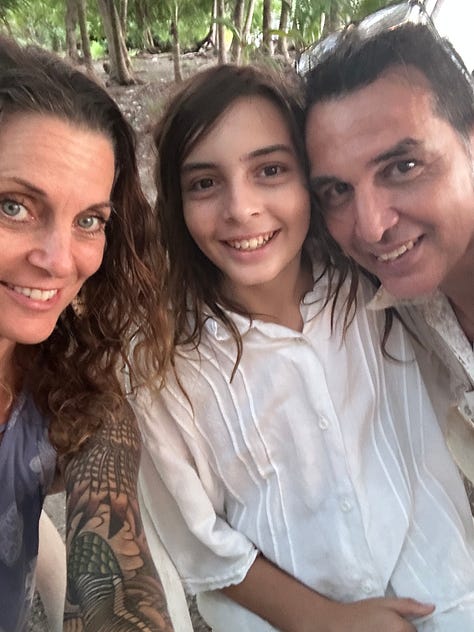
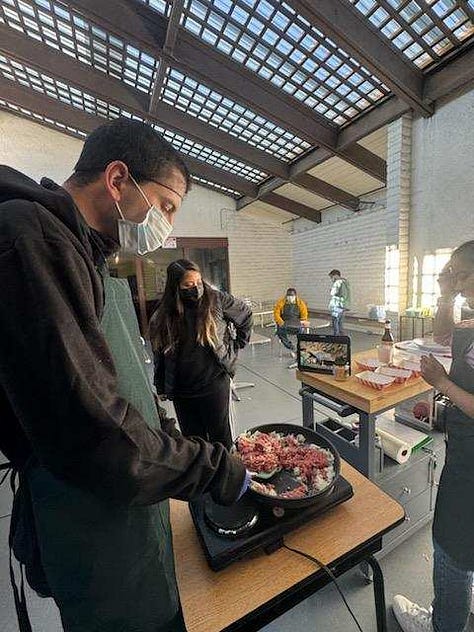
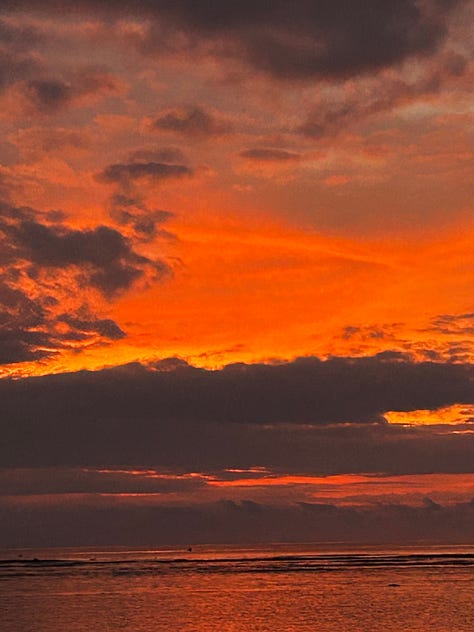
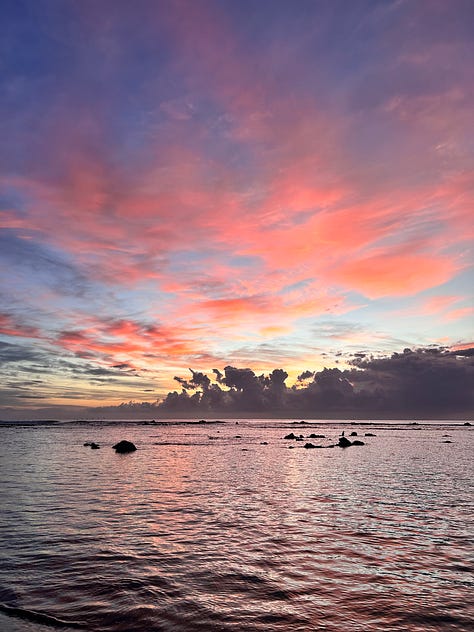

Here’s Lazlo south of Playa Hermosa exploring the tide pools and fish.
"May the stars carry your sadness away, May the flowers fill your heart with beauty, May hope forever wipe away your tears, And, above all, may silence make you strong."
- Chief Dan George, Tsleil-Waututh Nation




